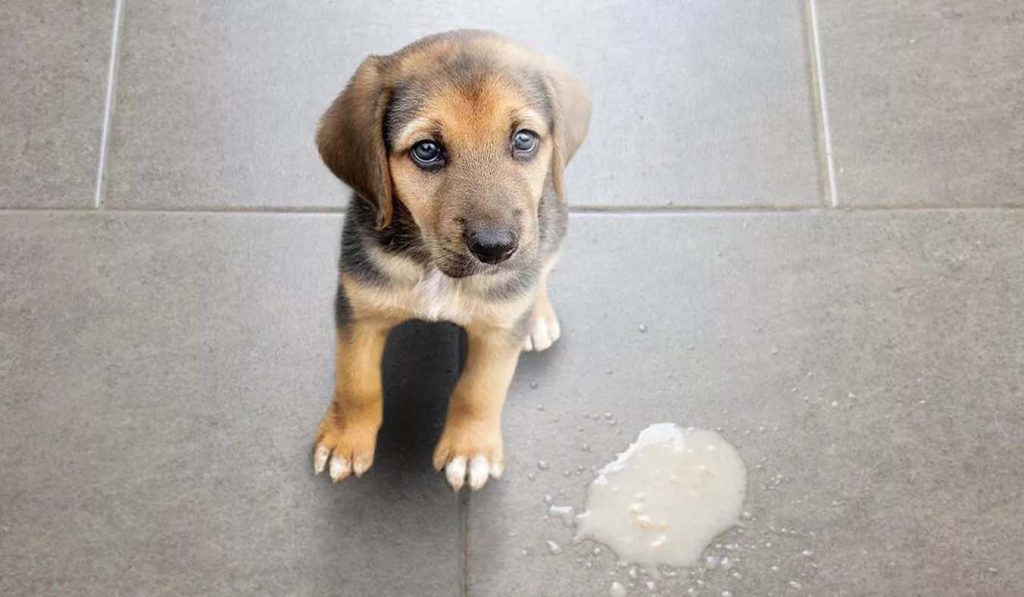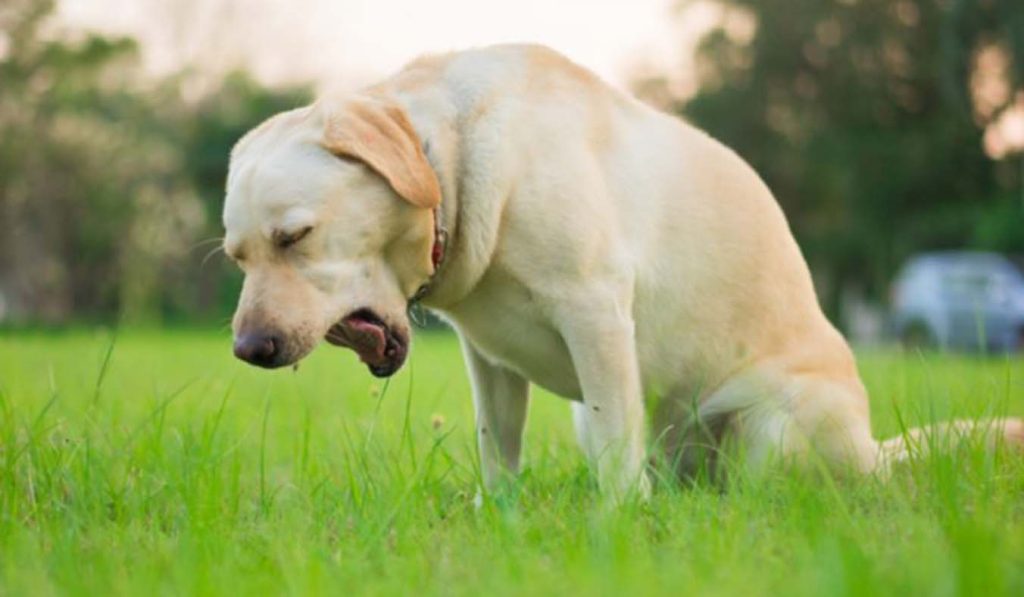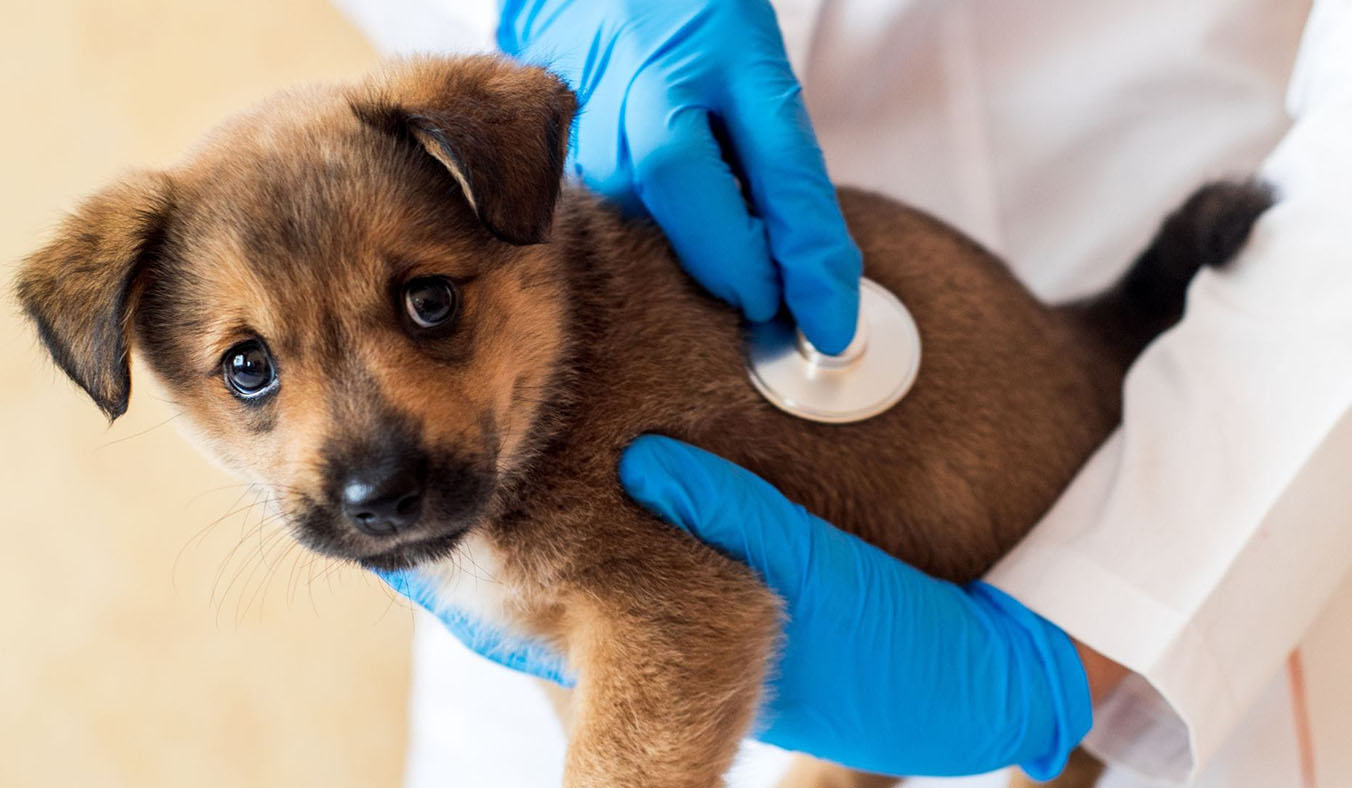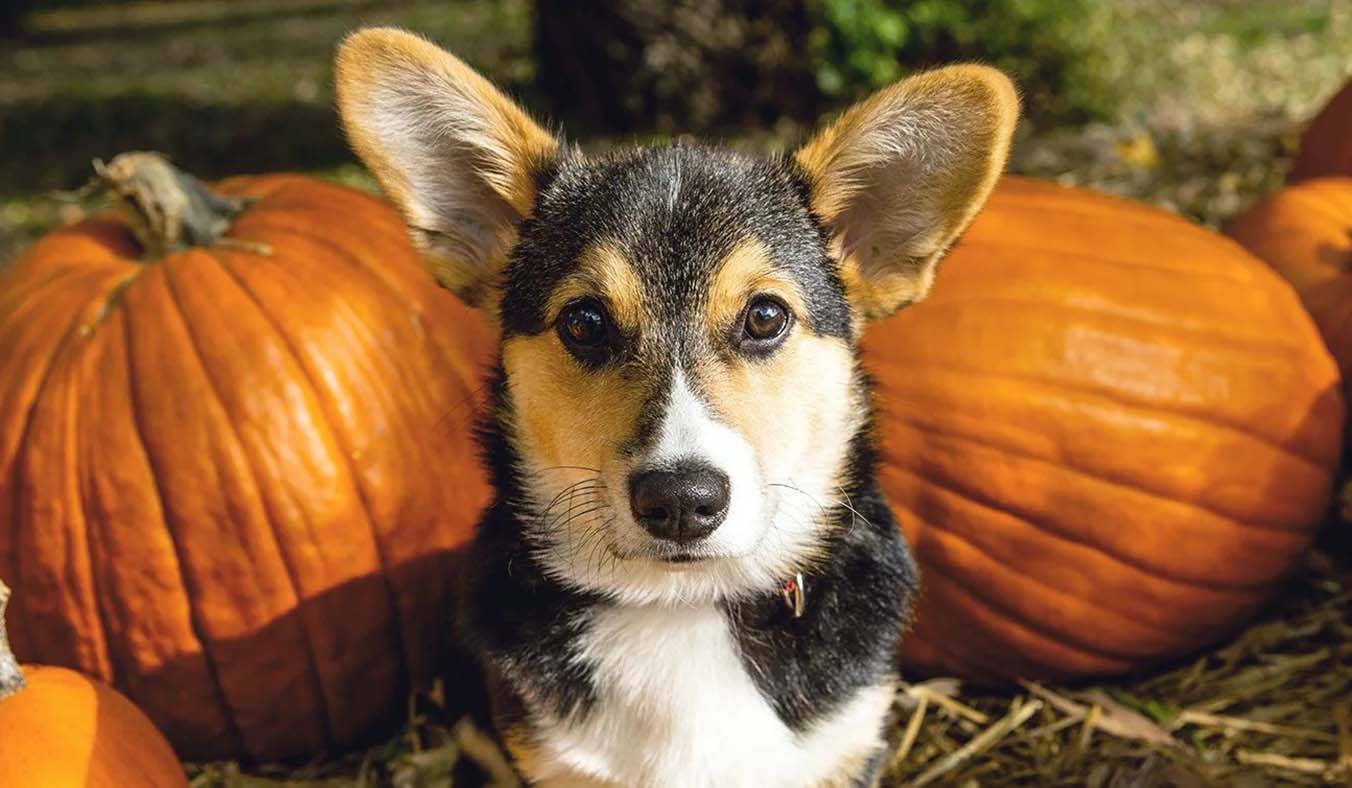Vomiting in puppies can be distressing for both the pup and their owner. We’ll delve into the reasons behind your puppy’s vomiting and what steps you should take next to ensure their health and well-being.
Is It Normal for Puppies to Vomit?

Vomiting in puppies can be a concerning experience for pet owners, prompting questions about what’s considered normal and when to seek veterinary care. Here’s a closer look at the topic:
Occasional Vomiting:
It’s not uncommon for puppies to vomit occasionally. They are curious creatures and may ingest things they shouldn’t, such as grass, dirt, or small objects, leading to vomiting as their body’s natural defense mechanism to expel foreign substances. Additionally, abrupt dietary changes or eating too quickly can upset their stomachs, resulting in sporadic episodes of vomiting.
When to Worry:
While occasional vomiting may be considered normal, persistent or severe vomiting is cause for concern. If your puppy is vomiting frequently, has blood in their vomit, appears lethargic or weak, experiences diarrhea, or shows signs of abdominal discomfort, it’s crucial to seek veterinary attention promptly. These could be indicators of underlying health issues such as gastrointestinal infections, parasites, dietary allergies, or more serious conditions that require medical intervention.
Monitoring Your Puppy’s Health:
As a responsible pet owner, it’s essential to monitor your puppy’s overall health and behavior closely. Keep track of their eating habits, bathroom habits, energy levels, and any changes in behavior. If you notice any abnormalities or concerning symptoms, don’t hesitate to consult with your veterinarian.
Preventing Vomiting:
While some instances of vomiting may be inevitable, there are steps you can take to reduce the risk. Ensure your puppy has access to a balanced diet suitable for their age and breed, and avoid sudden changes in their food. Supervise them closely during playtime to prevent ingestion of foreign objects, and discourage them from eating grass or other potentially harmful substances during outdoor outings.
While occasional vomiting in puppies may be normal, persistent or severe vomiting should not be ignored. Understanding the difference between normal and abnormal vomiting, and being proactive about your puppy’s health, is key to ensuring they grow up happy and healthy. If in doubt, always consult with your veterinarian for guidance and appropriate care.
How to Safely Induce Vomiting in Your Puppy
Inducing vomiting in your puppy should never be taken lightly and should always be done under the supervision and guidance of a veterinarian. However, if your veterinarian instructs you to induce vomiting at home in certain situations, here’s a general overview of the process:
- Consult Your Veterinarian:
Before attempting to induce vomiting, contact your veterinarian immediately. Describe the situation in detail, including what your puppy ingested, when it happened, and any symptoms they’re experiencing. Your vet will determine if inducing vomiting is appropriate based on the type of substance ingested and your puppy’s health status. - Use Hydrogen Peroxide:
If your veterinarian advises you to induce vomiting, they may recommend using hydrogen peroxide. The appropriate dosage and method of administration will be provided by your vet based on your puppy’s size and health condition. Typically, hydrogen peroxide is administered orally using a syringe or dropper. - Monitor Your Puppy:
After administering the hydrogen peroxide, closely monitor your puppy for signs of vomiting. It may take 10-15 minutes for vomiting to occur. Keep your puppy confined to a safe and easily cleanable area, as vomiting can be messy. - Repeat if Necessary:
If your puppy doesn’t vomit within the specified timeframe, do not administer additional doses of hydrogen peroxide without consulting your veterinarian first. Giving too much hydrogen peroxide can be harmful to your puppy. - Seek Veterinary Care:
Even if your puppy successfully vomits up the ingested substance, it’s essential to follow up with your veterinarian for further guidance and evaluation. Your vet may recommend additional treatments or monitoring to ensure your puppy’s well-being.
Remember, inducing vomiting should only be done under the guidance of a veterinarian and is not appropriate for all situations. In cases of ingestion of certain substances, such as corrosive chemicals, sharp objects, or large quantities of a toxic substance, inducing vomiting can cause more harm than good. Always prioritize your puppy’s safety and well-being by seeking professional veterinary advice.
Recovery Diet for Your Puppy After Vomiting

After a bout of vomiting, it’s crucial to provide your puppy with gentle, easily digestible foods to help soothe their stomach and prevent further irritation. Here’s a guide on what to feed your puppy after vomiting:
- Fasting Period:
Give your puppy’s digestive system a chance to rest by withholding food for at least 12 hours after vomiting. During this time, ensure they have access to fresh, clean water to prevent dehydration. - Reintroducing Food:
Once the fasting period is over, gradually reintroduce food in small portions. Start with bland, easily digestible options such as boiled chicken (skinless and boneless) and plain white rice. These foods are gentle on the stomach and can help settle any gastrointestinal upset. - Portion Control:
Offer small, frequent meals rather than one large meal to prevent overwhelming your puppy’s stomach. Monitor their response to the reintroduced food, and if they tolerate it well without any further vomiting or digestive issues, you can gradually increase the portion size over time. - Avoid Rich or Spicy Foods:
Steer clear of rich, fatty, or spicy foods that may further irritate your puppy’s stomach. Stick to plain, simple foods until their digestive system has fully recovered. - Monitor for Improvement:
Keep a close eye on your puppy’s condition as you reintroduce food. Look for signs of improvement such as decreased vomiting, increased energy levels, and normal bowel movements. If vomiting persists or if your puppy exhibits other concerning symptoms such as lethargy, diarrhea, or abdominal pain, seek veterinary attention promptly.
Remember to consult with your veterinarian if you have any concerns about your puppy’s health or dietary needs. They can provide personalized guidance and recommendations based on your puppy’s specific situation and health status.
Remember, as a responsible pet owner, it’s essential to monitor your puppy’s health closely and seek professional guidance when necessary. Your veterinarian is your best resource for ensuring your puppy’s health and well-being.



